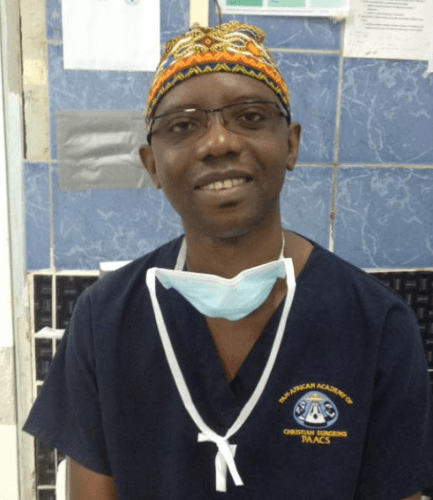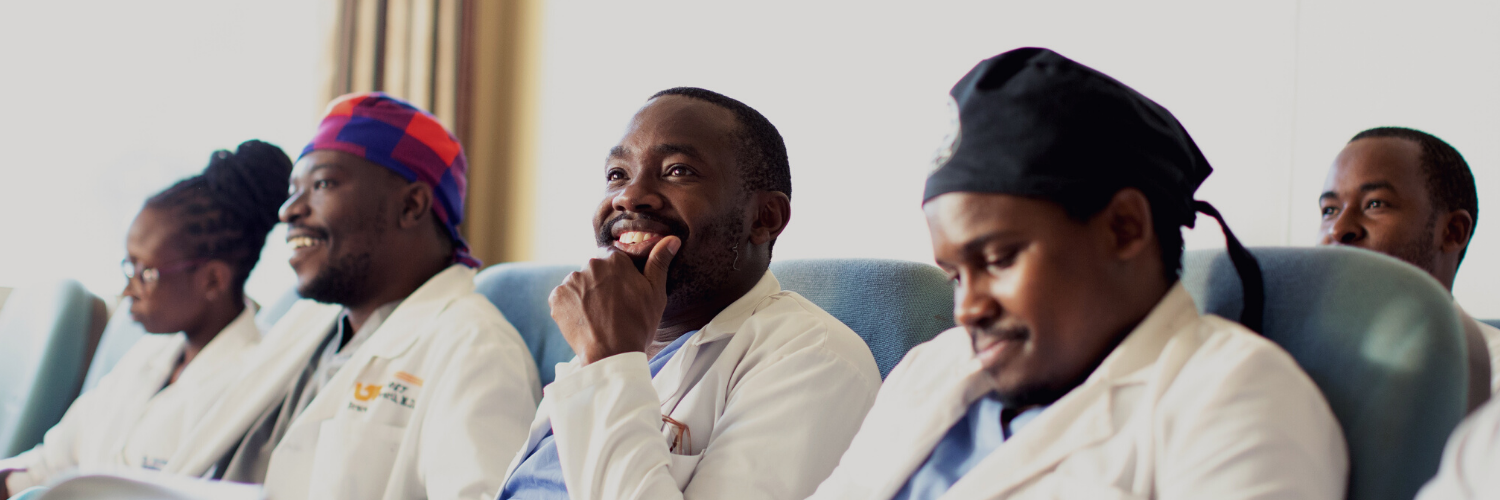Dr. Samuel Fabiano

In Angola, over half of women give birth without a skilled medical professional. This creates a significant risk for childbirth injuries like obstetric fistulas. Only 3 general surgeons in the entire country are able to perform fistula repair surgery.
Dr. Fabiano at CEML Hospital is providing more than a diagnosis, he is rewriting the story of his patients. When young girls arrive at CEML and he provides a formal diagnosis, they are placed in a special patient village. Beyond surgical care, they are given housing, food, and taught life skills. These girls are as young as 15 years old, devastated over the loss of their baby, and some rejected by their own husband. This program offers hope and treats them with love like Jesus. No longer rejected because of their injury, they are cared for with compassion. When taught to read and sew, they become equipped to return home and restart their lives.
Recently, a young girl of 17 arrived after her first pregnancy. Traumatized by a long labor, she had lost her baby and her hope to ever smile again. Approximately three weeks after her fistula repair surgery by Dr. Fabiano, she underwent a test to confirm it's success. The news was life changing! She cried while running towards the other girls in her community to share the good news. As she made her way there, many of the staff clapped for her along the way. When she reached the village and shared the results they were all overjoyed saying, why are you crying, you are HEALED! A smile began to form for the first time, and it was contagious. She was full of joy as she prepared to return home and begin a new chapter!
It is estimated that between 600,000 to 1 million women and young girls in Africa are living with obstetric fistulas after child birth. Each year, 30,000 new cases are expected in West and Central Africa alone.
Obstetric fistulas are a direct result of women unable to access proper care during childbirth. Through a significantly prolonged labor, sometimes 4-5 days before they can reach a hospital, the pressure causes severe tissue damage. Not only does the young girl lose her baby, but she must live with a devastating injury causing her body to leak urine or feces.
This leads to social isolation and health problems. When left untreated, many are rejected by their husbands and condemned by their community.
"[By providing] obstetric fistula repairs...women are able to go back to their communities and restart their lives."

